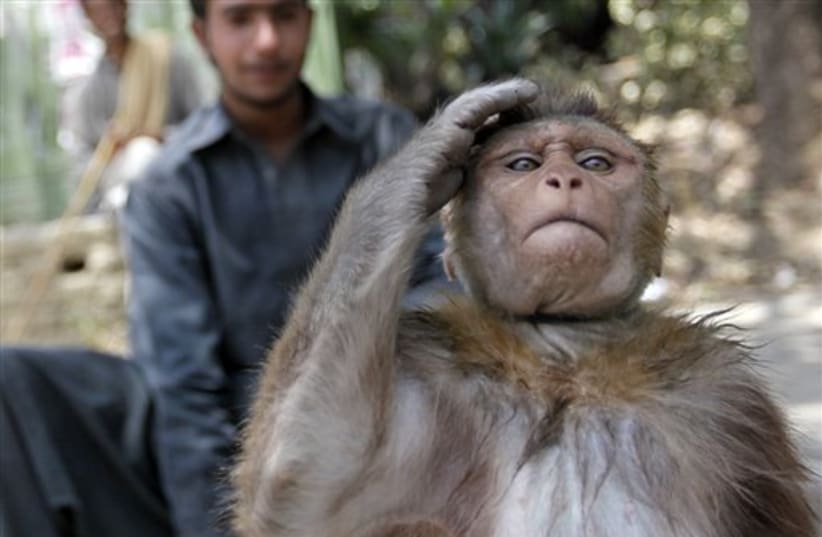"They looked more like wild dogs than monkeys. They went crazy for the single piece of food," said eyewitness Sasaluk Rattanachai, who captured footage of the scene that took place outside the shop where she worked, according to Mail Online. I've never seen them this aggressive."This problem is not entirely isolated to Lopburi, with monkeys throughout the country suffering from a lack of food due to a lack of tourists.According to the Mail Online, Thailand's economy is reliant on tourism, which makes up 18% of the GDP, especially from China, where the coronavirus outbreak is at its worse.Monkeys are often a common site in many cities around the world, and are often a serious problem. One town in India has seen many of its residents forced to flee after an army of several hundred monkeys attacked many of the locals and stolen much of the crops.Hundreds of hungry monkeys swarm across Thai street as 'rival gangs' fight over food after tourists who normally feed them stay away because of coronavirus https://t.co/lQZ0sOzwDF pic.twitter.com/8TgrCTBrQ8
— Daily Mail Online (@MailOnline) March 12, 2020
Coronavirus sparks 'monkey gang war' in the streets of Thailand
The two gangs usually never interact, but circumstances have brought them into contact and conflict.
